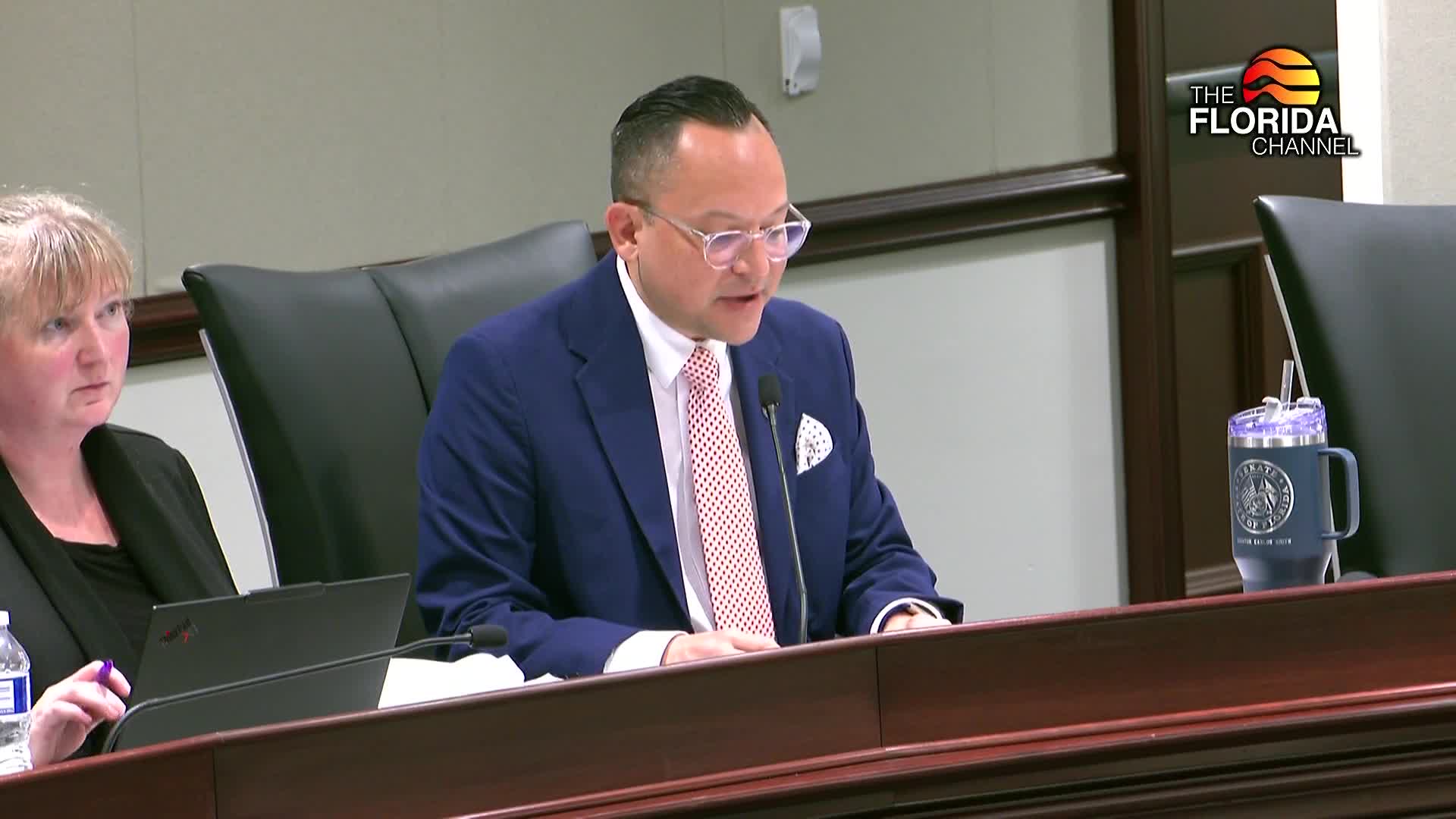Article not found
This article is no longer available. But don't worry—we've gathered other articles that discuss the same topic.
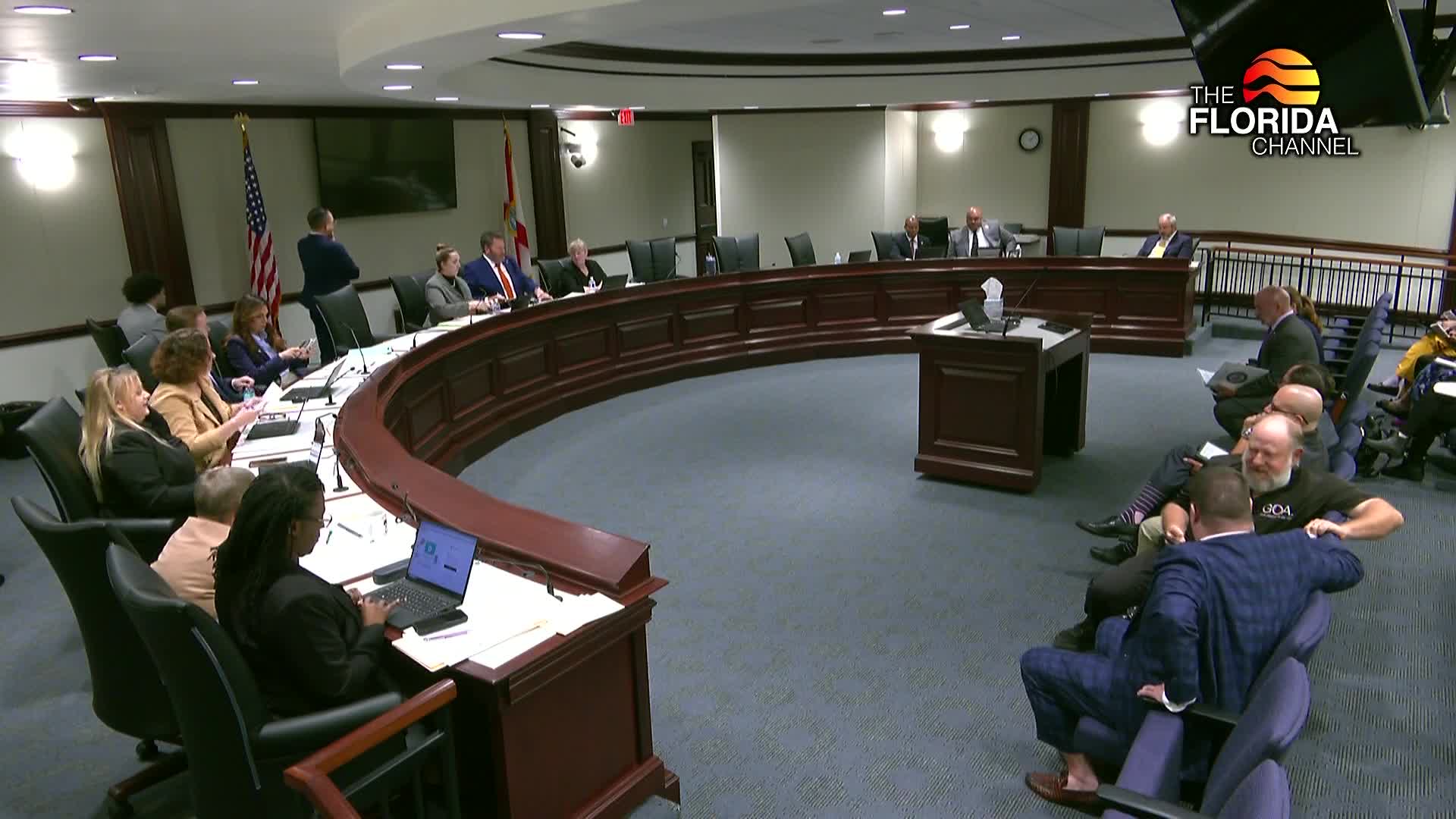
Panel repeals statute that allowed sales bans during declared emergencies amid Second Amendment concerns
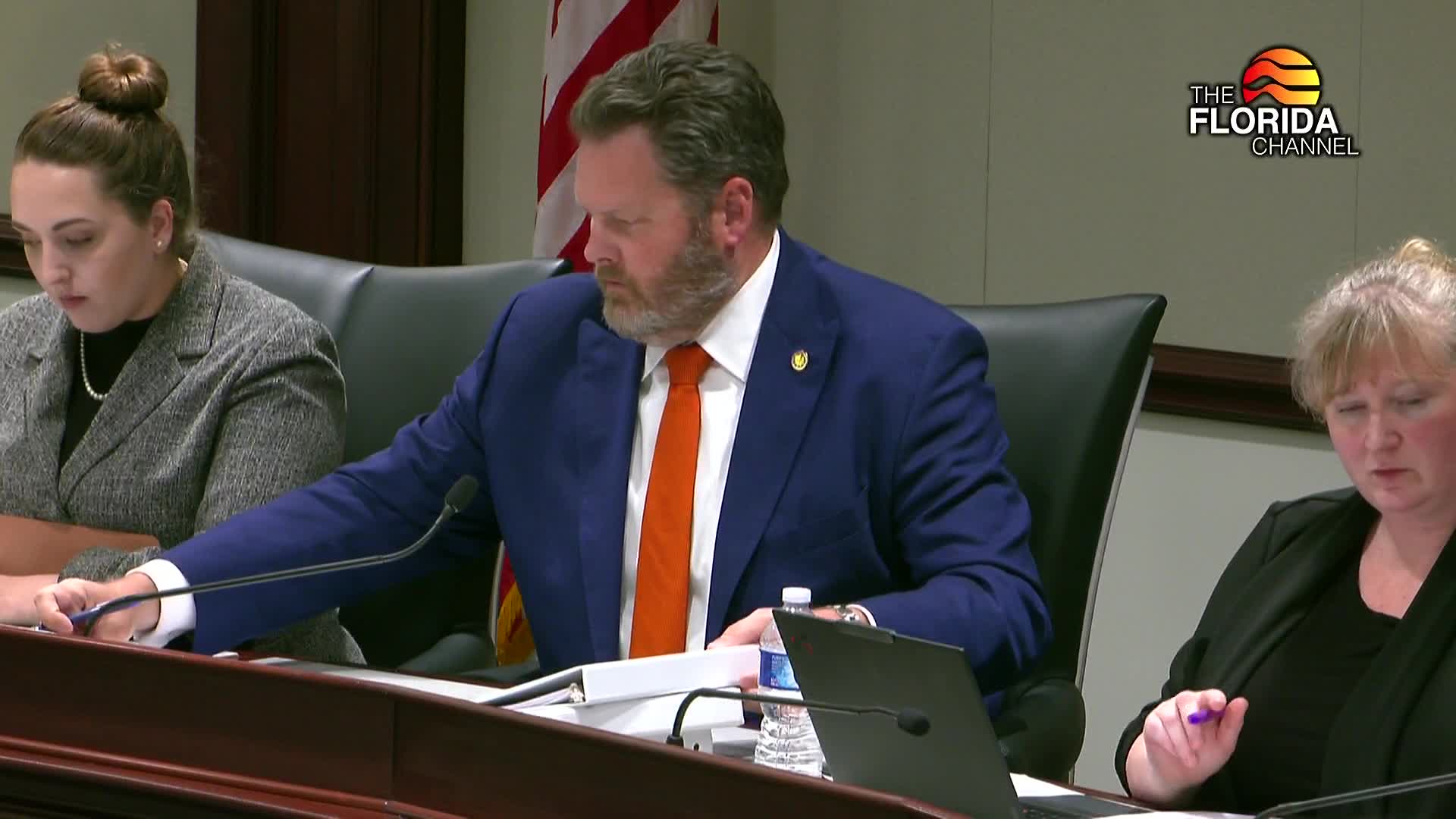
Panel backs mandatory minimum sentences for certain registered offenders; sponsor amends to close registration-related loophole
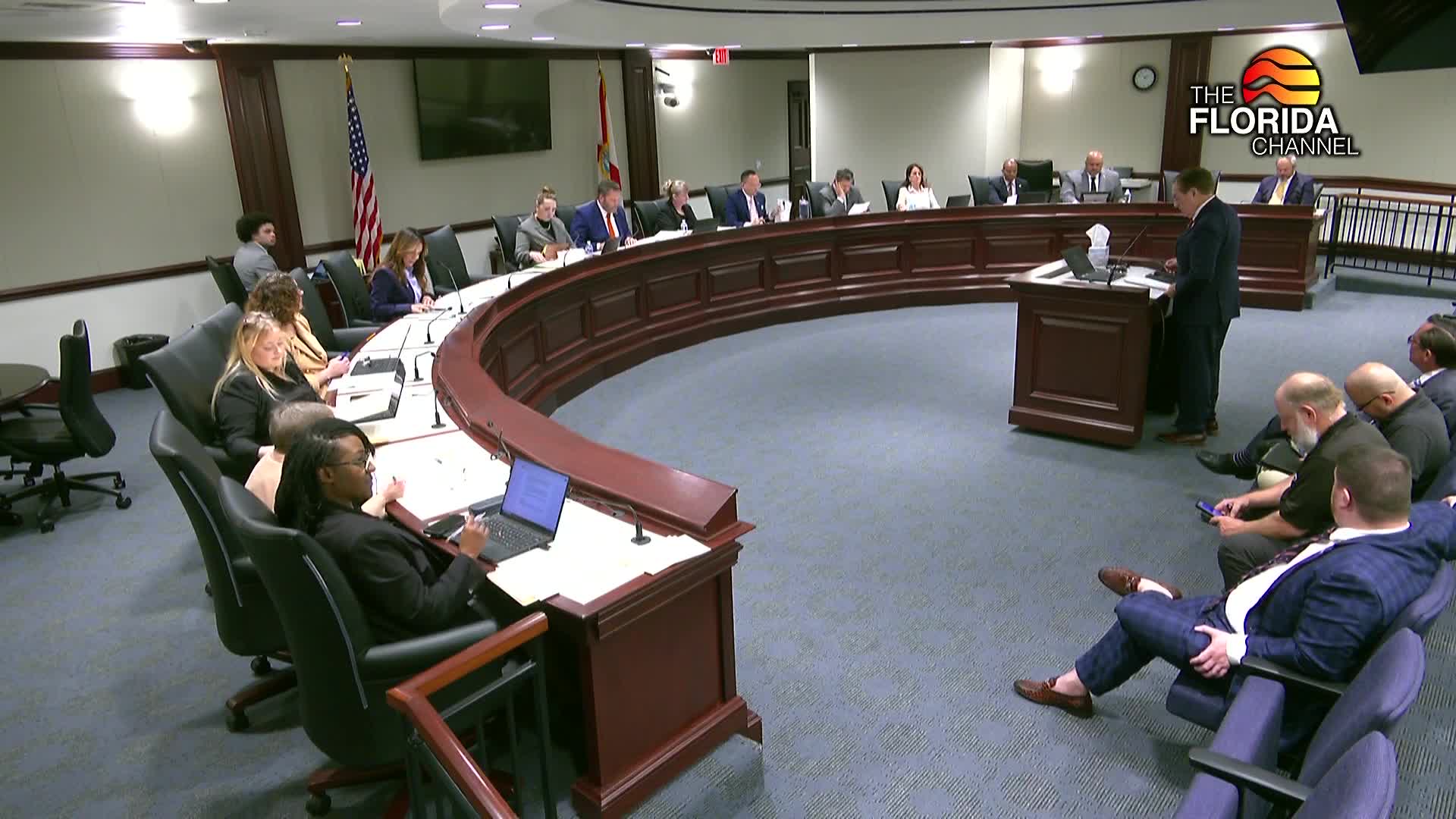
Committee expands nuisance-abatement powers, fines and foreclosure options
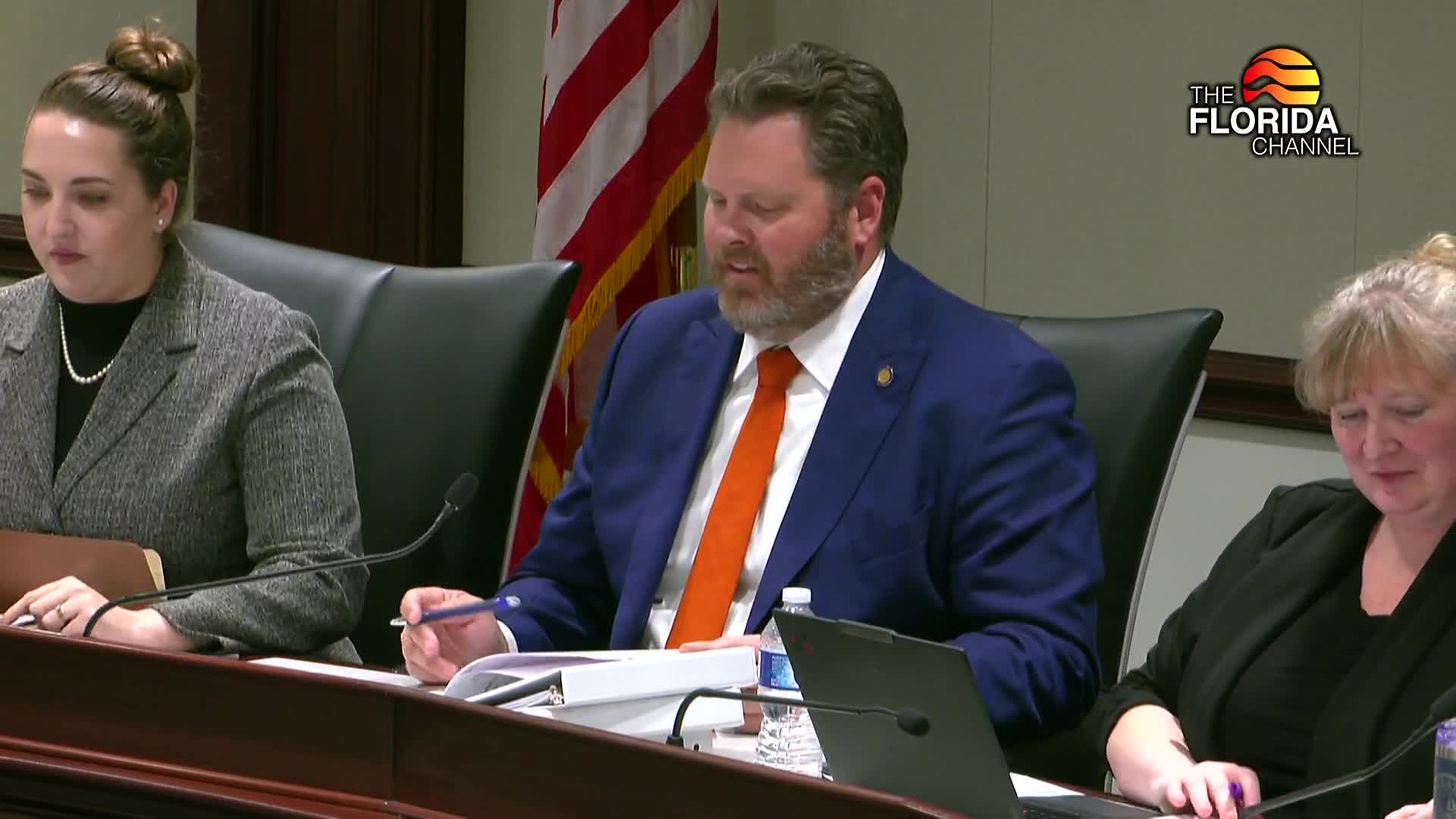
Committee approves public-records exemption for Crime Stoppers employees and volunteers
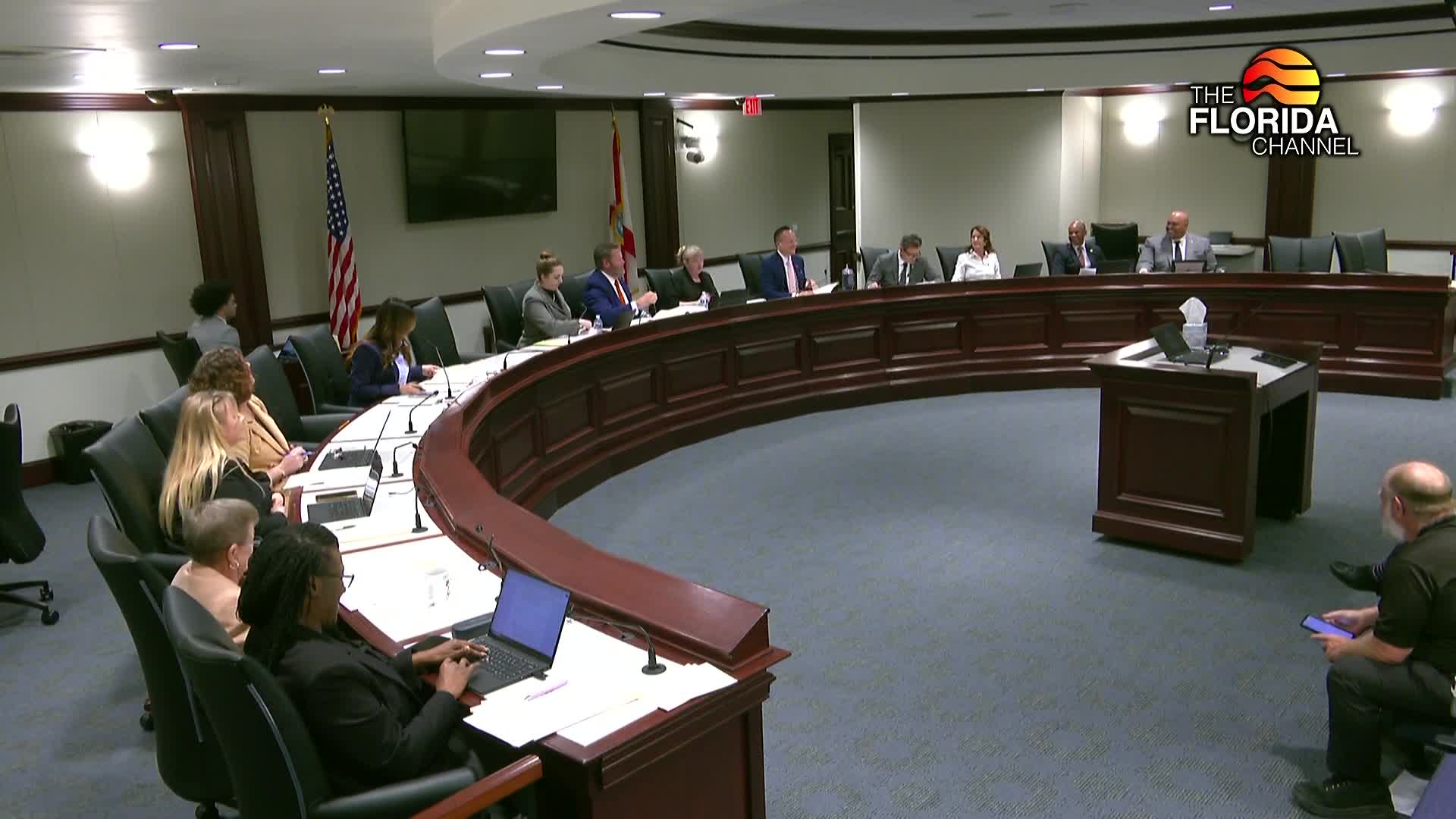
Committee adopts amendments and clears bill to target fraudulent use of gift cards
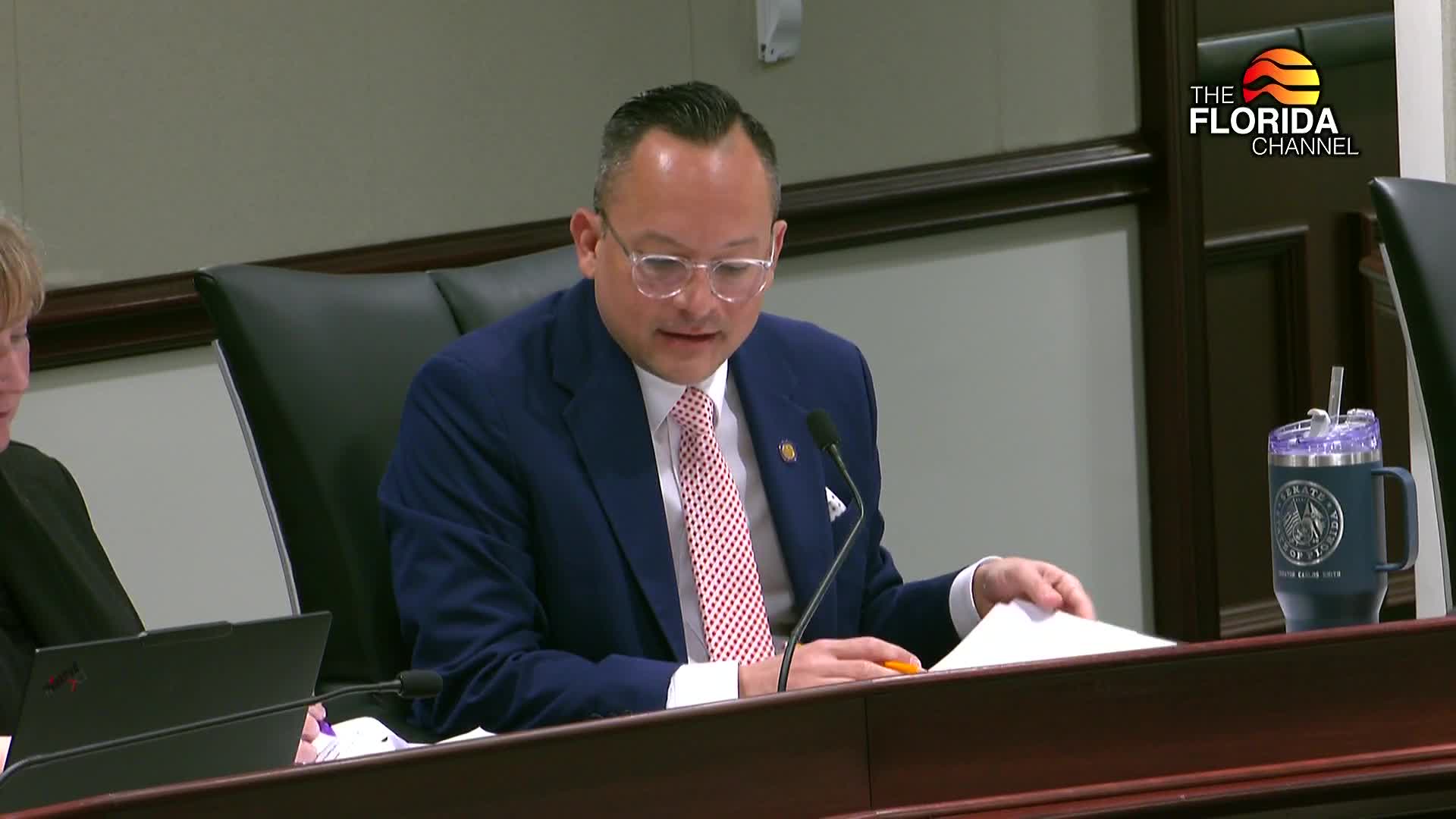
Committee backs tougher penalties for tampering with electronic monitoring devices
